MSD Animal Health Continues Partnership with AAVMC on Global Antimicrobial Resistance Education Program (cont.)
“Antimicrobial resistance is an enormous problem in the world today and it looms as one of the greatest public health challenges we will face in the future,” said AAVMC Chief Executive Officer Dr. Andrew T. Maccabe. “We’re grateful to partner with a forward-thinking corporation like MSD Animal Health on an educational program that will help us address this threat and we appreciate their support of this critical program.”
Projects are expected to align with one or more criteria that advance CIVME’s mission and convincingly promote international collaboration in veterinary medical education. Indirect costs are not considered. The Antimicrobial Stewardship Grant will be available in English, French, and Spanish.
The deadline for grant submission is January 14, 2022. Recipients will be announced in March 2022 as part of the AAVMC Annual Conference. For information on how to submit your application, please visit the MSD CIVME Grant page. Any questions about the Antimicrobial Stewardship Grant program or the program’s translation services please contact civme@aavmc.org.
Juan Antonio Cristian Pereira Rico (Gabriel René Moreno University, Faculty of Veterinary Sciences, Santa Cruz- Bolivia) cont.
Since 2010 Prof. Pereira has become fully engaged in several research projects in different fields working with many international organizations and universities including the Japan Cooperation Agency (JICA), the Institud de Recherche pour le development – France (IRD), Fondo Argentino de Cooperacion Internacional (FO.AR), Research Center for Zoonosis Control, Hokkaido University, Japan, and London School of Hygiene and Tropical Medicine (LSHTM).
He has led multidisciplinary research projects related to veterinary education, animal production and human health and zoonosis.
In Bolivia, he has established a Genetic Improvement Program in Nellore and Brahman Cattle, carrying out the genetic evaluation together with the National Association of Breeders and researchers of Brazil (ANCP). He has also been successful in establishing a genetic conservation program of indigenous creole cattle performing several molecular investigations related to demonstrating the potential use of the creole cattle genetics as an alternative breed to mitigate the climate changes due to the excellent genetic adaptation of this unique zoo genetic resource.
Updates in Veterinary Medical Education Research
As an additional option, authors may choose, with payment of a fee, to publish individual manuscripts using the gold open access model, whereby the manuscripts will be published open access immediately after acceptance. The journal’s Advance Online feature will be maintained under the new model.
Shifting the JVME to a hybrid model will foster AAVMC’s goals of building public awareness of the ways veterinary medicine is advancing global health and wellbeing; promoting careers in veterinary and biomedical research among students, applicants and pre-applicants; and supporting engagement, sharing and collaboration among AAVMC member institution research administrators.
Follow @JVME_AAVMC on Twitter for the Latest News
Creating Veterinary Disease Detective through Field Epidemiology Training Program in Bangladesh (cont.)
Stakeholders’ concurrence:
A two-day stakeholder workshop attended 32 multidisciplinary delegates held in January 2019 offered a program of formal presentations, open discussion, and collaborative activities aimed to establish a Field Epidemiology Training Program for Veterinarians (FETPV). The workshop discussions were a coherent sequence that focused on two themes, namely: the critical aspects of the FETPV curriculum development and assessment, especially in a local context, and managing the FETPV in Bangladesh. During this meeting, key stakeholders agreed to develop the two-year FETP-V course along with offering a Masters in Applied Veterinary Epidemiology in Chattogram Veterinary and Animal Sciences University. The governence, including steering committee, technical committee, and a technical working group, were also approved for further curriculum development.
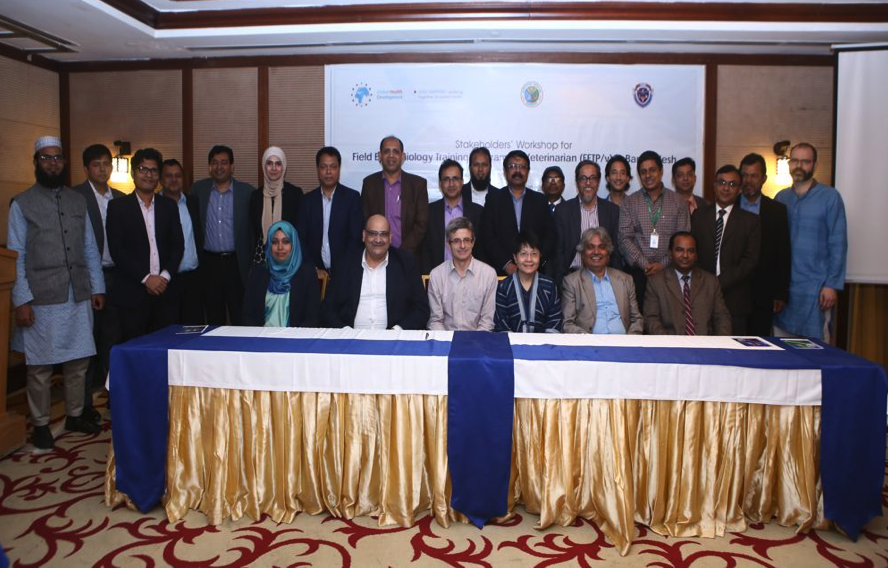
Photo of participants in stakeholder’s workshop for FETPV program in Bangladesh
Curriculum Development:
A two- year FETPV curriculum was developed through a series of consultations, workshops, and meetings . The curriculum is created based on country-specific needs and international standards. The technical working group extensively reviewed the existing FETP and FETPV curricula in different parts of the world and tried to understand the contents, mode of delivery, and guiding principles. Based on the global experience and assessing the country’s needs, the technical working group and CVASU’s subject matter specialists drafted an initial curriculum adaptable for Bangladesh. The draft curriculum was presented to the technical committee members and international epidemiology experts to get their feedback. Having addressed the feedback, the technical working group presented the further improved curriculum before a technical committee. Based on the outcome of that meeting, the final draft of the curriculum was prepared and presented to the Steering Committee for its endorsement and recommendation to the CVASU. Later, the curriculum was submitted to the Committee for Advanced Studies and Research of CVASU for review.
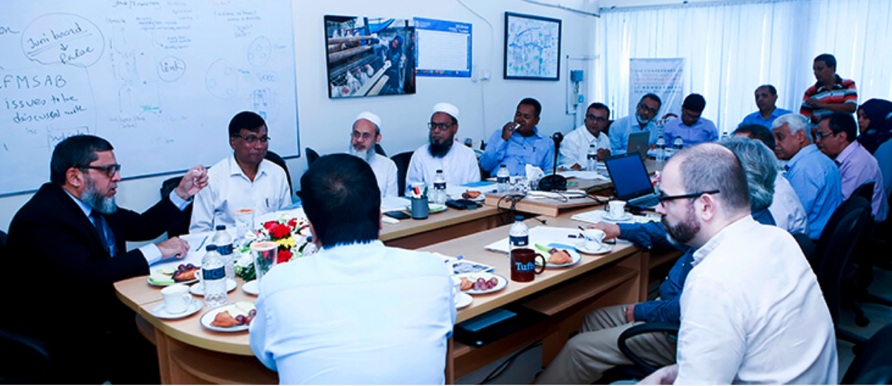
First Steering Committee meeting for FETPV in October 2019 chaired by the Secretary, Ministry of Fisheries and Livestock, Government of Bangladesh, with recommendation finally placed to the university academic council for its approval.
Launching of the program:
Six government veterinarians working at the Department of Livestock Services were recruited as the first cohort making up Bangladesh FETV. This selection followed a rigorous 10-days screening course. The program was then formally launched in August 2020. Despite the COVID-19 pandemic, Bangladesh FETPV residents managed to complete the course works online and they conducted their field assignments in their respective stations. Currently, residents are engaged in the surveillance and outbreak investigations module of their FTEPV course.
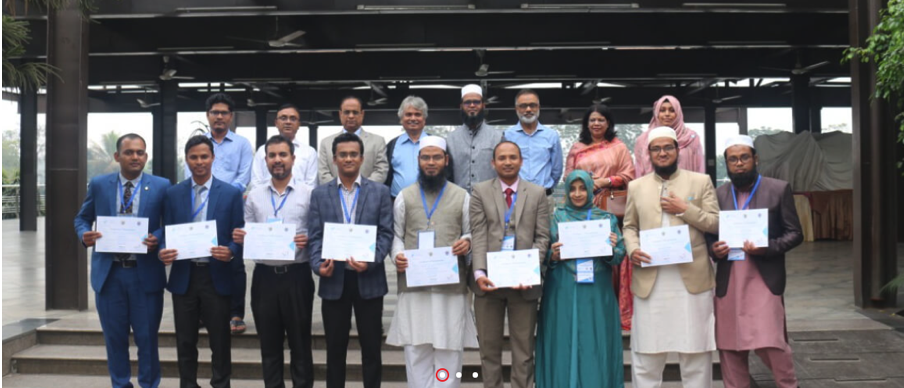
The participants and resource person attended in 10-days screening course for FETPV first cohort fellow selection.
Way forward:
The current COVID-19 pandemic makes the world realize that the One Health approach is necessary to fight against infectious diseases. The development of a One Health Workforce with a strong synergy between human and animal health is crucial to prevent a further pandemic. We are looking forward to building a critical mass of One Health workforce through the program.




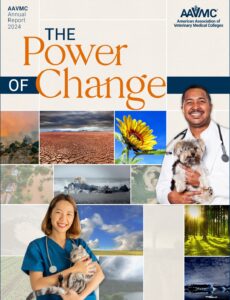
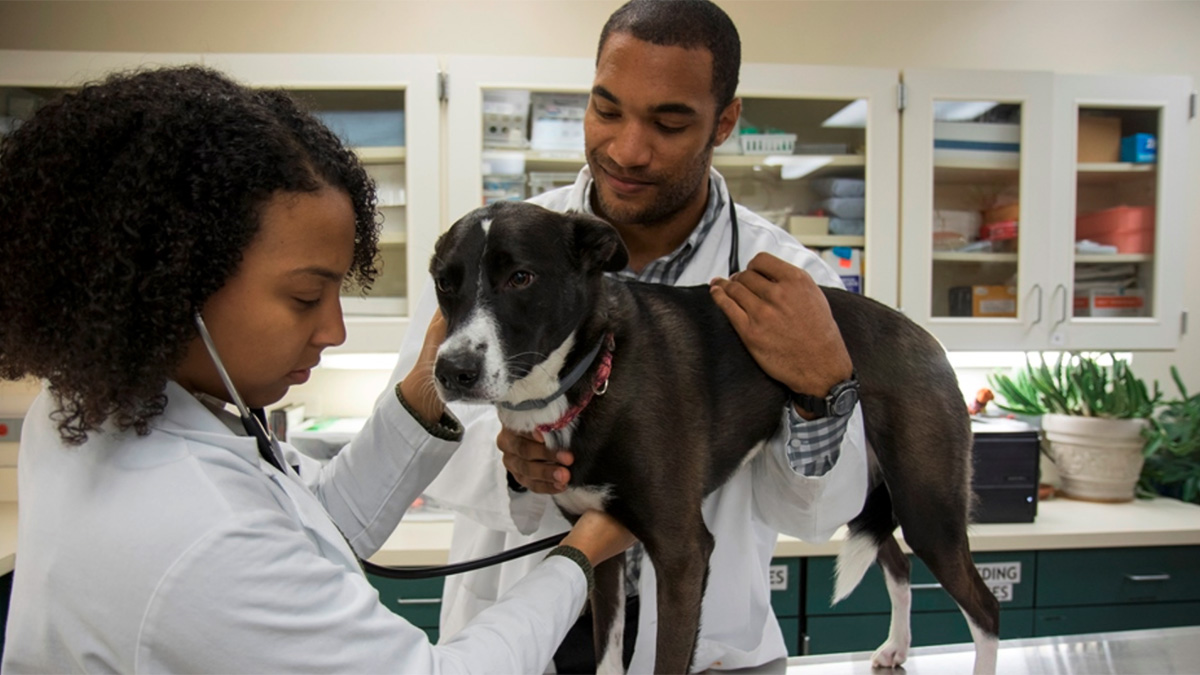
SHARE